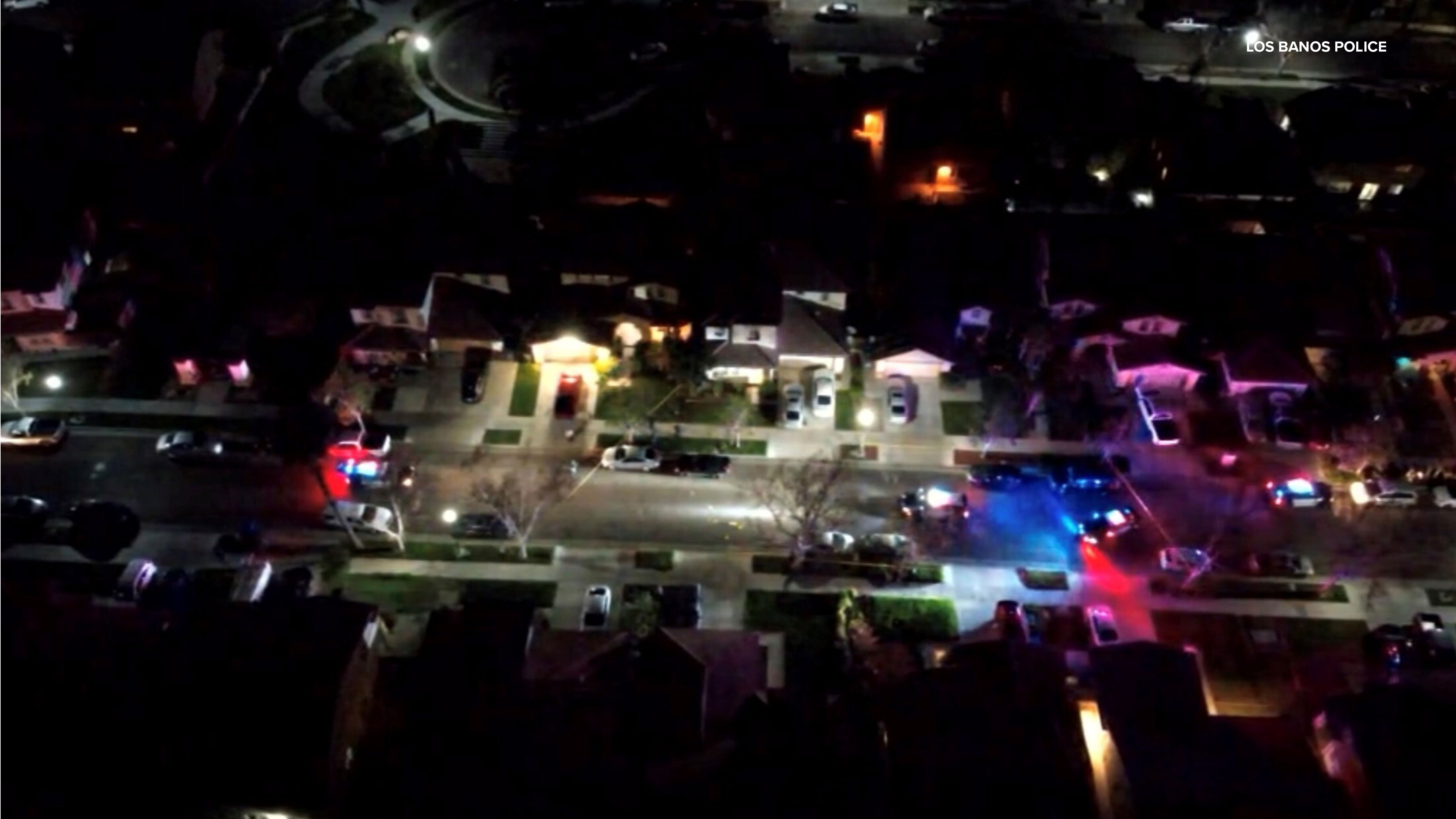Olympic protesters Tommie Smith, John Carlos back Colin Kaepernick

WASHINGTON -- Tommie Smith and John Carlos were proud to raise their gloved fists in a symbolic protest at the Olympics, and now they're proud that Colin Kaepernick and other athletes are staging national anthem protests to raise awareness about racial inequality and police brutality.
The American sprinters who were sent home from the 1968 Mexico City Olympics for what they called a "human rights salute" said the San Francisco 49ers quarterback and others are right to use their platform in an attempt to affect social change 48 years later.
"Don't hate the kid because he stood up for something to change,'' said Smith, who won the gold medal and set a world record in the 200 meters in 1968. "He stood up for the right to exercise Amendment 1."
Speaking Wednesday at the Team USA Awards, the first U.S. Olympic Committee event they've been invited to since their protest, Smith said he's backing Kaepernick because the quarterback's protest is proactive, and Carlos said there's no better platform than sports to stand up for something, even if it brings criticism.
"Protest is a good thing because you're trying to expose certain things through protest," said Carlos, who won the bronze in the 200 at the Mexico City Games. "Then, when you sit back and say, 'Well, I don't know whether it's the right place to make statement here or there.' In any protest, I think you make a statement to try and reach the far ends of the earth. What better way to do it than if you're in a sport."
Several athletes have followed Kaepernick, who first sat for the anthem then modified his protest to kneel during it. Some have raised their fists like Smith and Carlos.
Most recently, Nebraska football players Michael Rose-Ivey, Mohamed Barry and DaiShon Neal kneeled during the anthem before a game atNorthwestern, drawing criticism from university officials.
"It is a sacrifice to deal with anything other than status quo," Smith said, "as we know very well."
While Smith said it's important for athletes to study and understand why they're protesting and what they want to come out of it, Carlos said backlash is part of the process.
"Any individual that makes a public statement or a public scene is saying we have issues that we need to deal with and we can no longer stick them under the rug or stick them behind the bus or what have you," Carlos said. "By bringing attention to society, for them to be able to determine themselves why it was necessary that we take this thing called racism, violence and prejudice and bury it once and for all."
It has taken almost half a century for the USOC to welcome Smith and Carlos back into the fold after being on the outside for breaking its rules. Carlos called their return a "rebirth,'' and both men hope they can be ambassadors and a positive influence on young people who weren't born when they protested at the 1968 Summer Games.
"We never denounced what we stood for," Carlos said. "We stood for humanity. At the same time, they loved the fact that we had courage. That's what you need in athletics. For them to come and lower the drawbridge, so to speak, and welcome us across with open arms, it's a beautiful situation. I don't think it gets any better."






